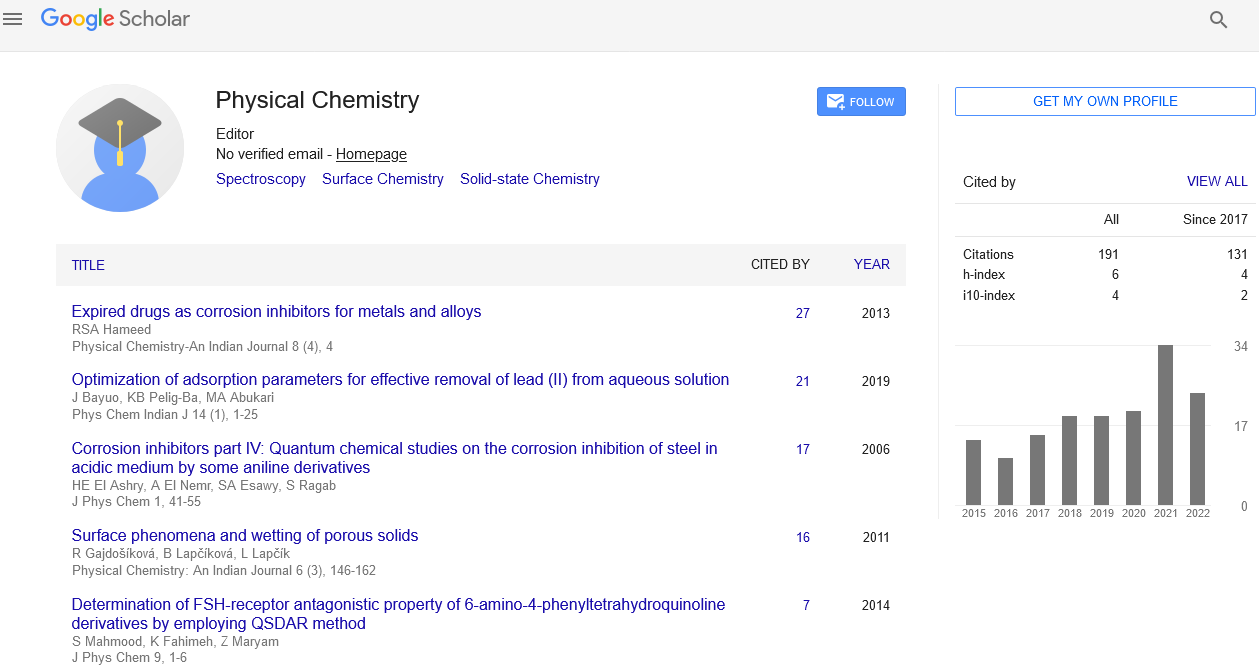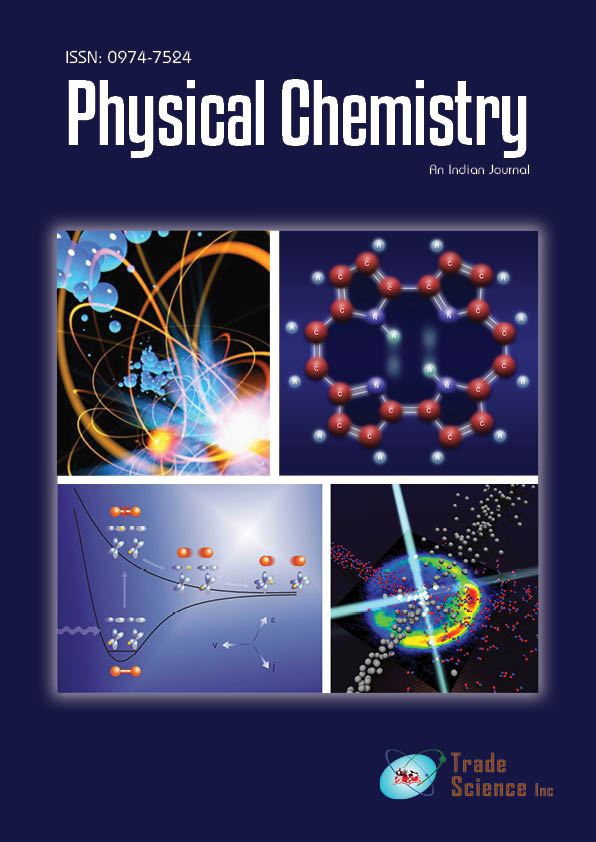Abstract
Corrosion inhibition study of zinc in 0.1MHNO3by diphenylcarbazide and caffeine
Author(s): KhuloodA.Saleh, Khalil S.KhalilThe corrosion behavior of Zn in 0.1 M HNO3 solution containing various concentration of caffeine and diphenylcarbaziderange (2x10-4 – 1x10- 3)Mwas investigated. The corrosion rates weremeasured by using weight loss measurement and polarization curve, The results of polarization method obtained showed that the rate of corrosion of zinc increased with increasing temperature from 293K to 323K and the values of inhibition efficiency of caffeine and DPC decreased with increasing the temperature and increased with increasingcaffeine and DPC concentrations, the highest protection efficiency reached to68.4%by Caffeine and 69.5% by DPC at293K and at (1x10-3) M caffeine and DPC concentrations by electrochemical method. The coverage (è) of metal surface by caffeine and DPC werebeing obtained from the rate of corrosion in the presence and absence of caffeine and DPCin the acid solution. Changes in the free energy, enthalpy and entropy associated with caffeine and DPC adsorption have been determined. Apparent activation energies have been calculated for the corrosion process of zinc in acidic media from Arrhenius Plots, which reach to highest value (15.625 kJ.mol-1and 12.953 kJ.mol-1) by using 5 x 10-4 M DPC and 2 x 10-4 M Caffeine respectively.

